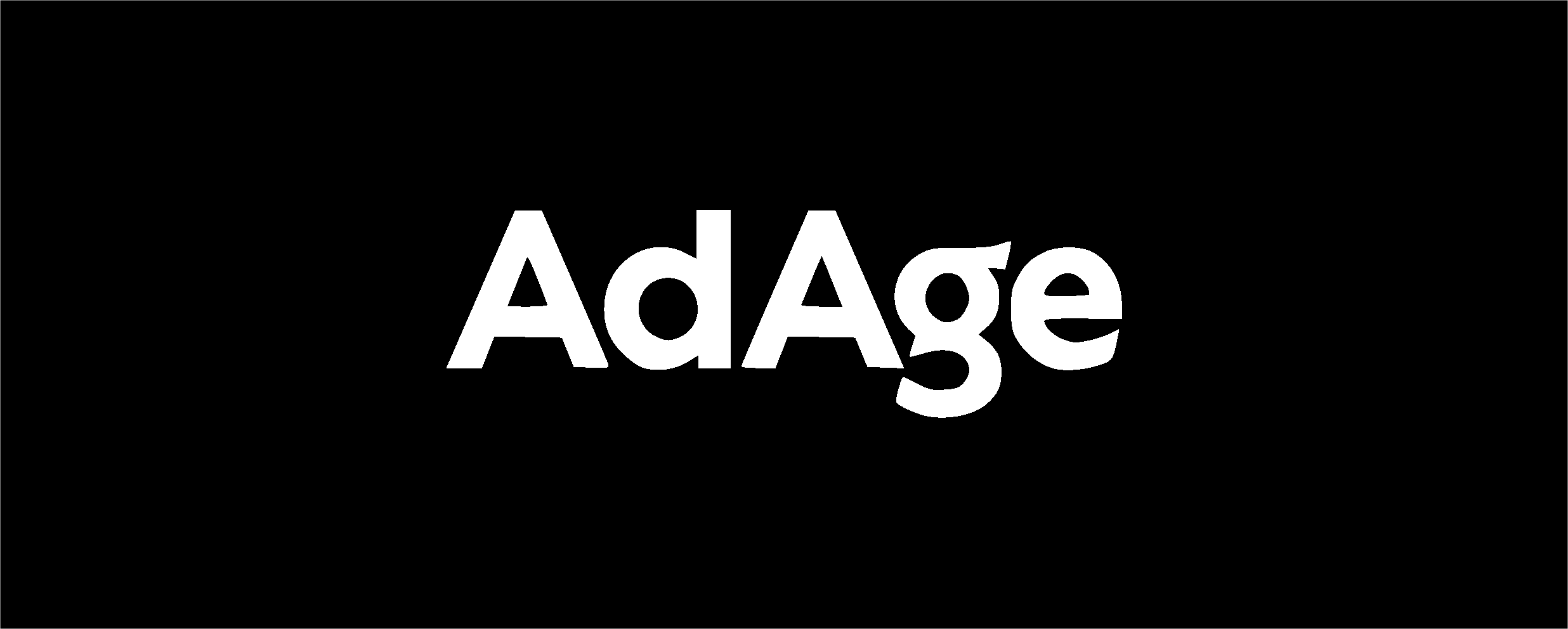AdAge Gen Z Summit: 3 Takeaways from a Gen Z Strategist.

In recent years, Gen Z, born between 1997 and 2012, has emerged as a significant force in marketing. As a Gen Z'er myself, I've seen our swift influence, turning everyday items like water bottles into cultural currency and niche products into overnight sensations. Indeed, Gen Z has serious buying power. To better understand the driving forces that shape this generation’s relationship with brands, I had the opportunity to attend my first Adage Gen Z Summit in New York City. Here's a dive into three transformative learnings from the event.
1. Go niche to find your brand advocates
It’s no secret that Gen Z gravitates toward subcultures and online communities. It’s a way of finding like-minded people in a bigger, more global, internet-led world. While some shared passions are fleeting, like the Tomato Girl Aesthetic, others are committed communities with tangible beliefs, like SoberTok and Gamer Girls.
Niche subcultures can be a powerful resource in marketing, as they allow you as a brand to find your people. Those who authentically align with the brand story you’re working to tell. Forget the pursuit of influencers with millions of followers; instead, focus on online communities with real creators engaging with real people, making real connections.
It’s also important to note that once you find your brand’s niche, approach these spaces with the understanding that you’re joining their party. Don’t come with demands, like asking Gamer Girls to buy your energy drink in the comments of live streams. Instead, ensure that your brand lives within the community as a trusted participant rather than a loud intruder. Embrace the tone of a friend, speak human to human, and spark joy in each interaction.
2. Share the pen with consumers, content creators, and your Gen Z teammates
Gen Z appreciates both authenticity and storytelling. With this in mind, I look to a concept shared by Kaylah Burton, Social Strategy Director of Wieden+Kennedy. It’s simple, “share the pen.” The concept of sharing the pen goes beyond mere collaboration – it's about co-creation. This comes to life in a few forms:
With the consumer: If there’s one thing to know about Gen Z, it’s their openness and honesty. Whether in the comments of a post or within the videos shared on TikTok, they have lots of ideas, and they're eager to share them. As a brand, you’d be amiss to ignore the wealth of knowledge freely shared by this generation. Claire’s #DearClaire campaign featuring real kids and teens, serves as a perfect example. Gen Z was actively involved in the storytelling process, sharing their passions, struggles with mental health, and creative ideas.
With content creators: Give influencers and content creators the freedom to be “mini-creative directors.” They know their audience and how to explain your brand message to them creatively, so it’s important to give them space to ideate and co-create. Remember, creators allow brands to get into corners of the internet they wouldn’t normally have access to, so leverage their unique voices and perspectives.
With your Gen Z internal teams: Your Gen Z coworkers are the living, breathing embodiment of the very generation your brand is trying to reach. Empower your Gen Z team members by giving them opportunities to shape the narrative, like hosting internal focus groups. Listen to their voices, harness their creativity, and give them the platform and authority to impact the work, like Shaina Zafar, Co-Founder and Chief Marketing Officer of JUV Consulting, fellow Gen Z’er, and one of the great minds behind Coachtopia.
3. Be an experience, not just another transaction
Gen Z values the experience over the ads, making it crucial for brands to consider not just what they sell but the experience of engaging with that product or service.
Brands should leverage content creators and UGC to illustrate the user experience Gen Z’ers crave. The right creator can share your brand’s experience in a way that doesn’t feel forced but organic and authentic. Following the mantra of Viral Nation's Head of Creative, Content, and Experiential, Brandon Lentino, the focus is clear: "Don't make ads, make TikToks."
On the flip side, brands don't always create the experiences associated with their products; sometimes, they let the Gen Z’ers create it for them. For example, American Girl recognized the unexpected trend of Gen Z hangouts in their store, enjoying cocktails during happy hour, which earned them a feature in the New York Times. McDonald's had a similar experience when Gen Z took the wheel on how they wanted to experience and celebrate Grimace's birthday, exploding purple milkshakes and all.
After attending the Gen Z Summit, I feel not only excited about the marketing opportunities with Gen Z but also empowered. From discussions on authenticity and how to achieve it in marketing to panels on embracing co-creation, the insights I’ve learned at this event will undoubtedly shape my approach to future projects.
Lauren Dismond is an associate strategist at BarkleyOKRP, holding a Master's degree in Marketing Psychology from Regents University, London, and a Bachelor's degree in Journalism from the University of Missouri. With a passion for creative problem-solving and market research, Lauren channels her innate curiosity for consumers into actionable strategies that drive brand success.



